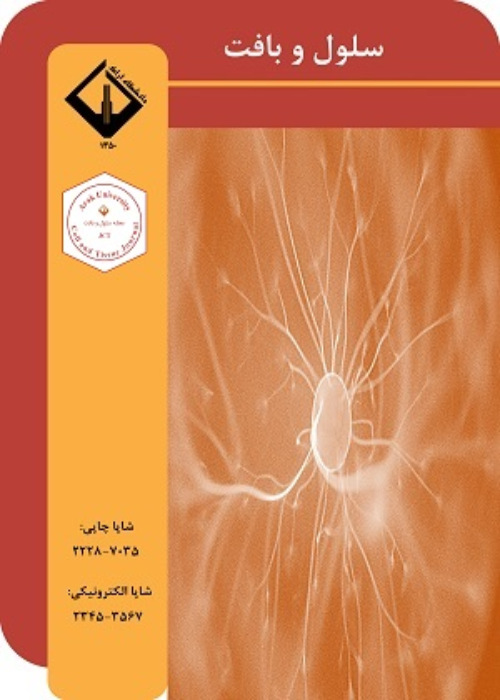Evaluation of siRNA Effects on Expression Levels of snail and miR143 in Metastatic Breast Cancer Cells
In the past decades, many efforts have been made with the aim of searching for new tools to treat cancer. In this regard, the discovery, investigation and application of techniques related to small interfering RNAs (siRNA) has been one of the most significant advances in the field of cancer detection and treatment. Small interfering RNA, sometimes known as short interfering RNA or silencing RNA, is usually 21 bp long and interferes with the expression of specific genes with complementary nucleotide sequences and prevents translation by degrading mRNA after transcription. Many studies have shown that siRNAs affect the regulation of the expression of some genes that play a role in cancers. siRNAs are effective on Snail transcription factors, which play an important role in the invasion and metastasis of cancer cells, and miR-143, which plays an important role in the pathogenesis of cancers. miRNAs together with transcription factors can disrupt the biological pathways involved in carcinogenesis. However, the exact effect of siRNA on the expression of snail1 and miRNA-143 genes in breast cancer cells is not completely clear. Based on this, the present study investigated the effects of siRNA on snail1 and miRNA-143 on breast cancer cells.
Material and Methods:
were purchased from Pasteur Institute of Iran. The cells were cultured in RPMI-1640 medium containing 10% FBS. Snail1 gene kit (Santacruz biotechnology, California, USA) was used to treat cancer cells with specific siRNA. The cells were divided into two groups: control (no treatment) and treated cells (transfected with siRNA). In order to determine the effective time, the cells were exposed to a dose of 60 picomoles of siRNA for 24, 48 and 72 hours. Beta actin gene was used as internal control gene. Morphology of MDA-MB-468 metastatic cells were examined using light microscopy before and after specific gene transfection. Cell proliferation was checked by trypan blue staining. Snail1 and miR-143 gene expression levels were evaluated by qRT-PCR. Data were analyzed using t-test.
In this study, in MDA-MB-468 breast cancer cells, the relative level of Snail1 gene expression was significantly decreased in the effective time of 48 hours and when exposed to the effective dose of 60 pmol (P < 0.0001). However, the knockdown of Snail1 gene by specific siRNA in MDA-MB-468 cancer cells when exposed to an effective dose of 60 pmol and an effective time of 48 hours caused an increase in the relative expression level of miR-143 gene compared to the control group (P < 0.0001). Also, the growth rate of MDA-MB-468 cancer cells decreased with Snail1 gene knockdown.
The results of this research showed that the transfection of MDA-MB-468 breast cancer cells by specific siRNA can successfully reduce the expression level of Snail1 gene and miR-143 gene. Proliferation and invasion of breast cancer cells.
Snail1 , siRNA , miR-143 , Breast cancer
- حق عضویت دریافتی صرف حمایت از نشریات عضو و نگهداری، تکمیل و توسعه مگیران میشود.
- پرداخت حق اشتراک و دانلود مقالات اجازه بازنشر آن در سایر رسانههای چاپی و دیجیتال را به کاربر نمیدهد.



